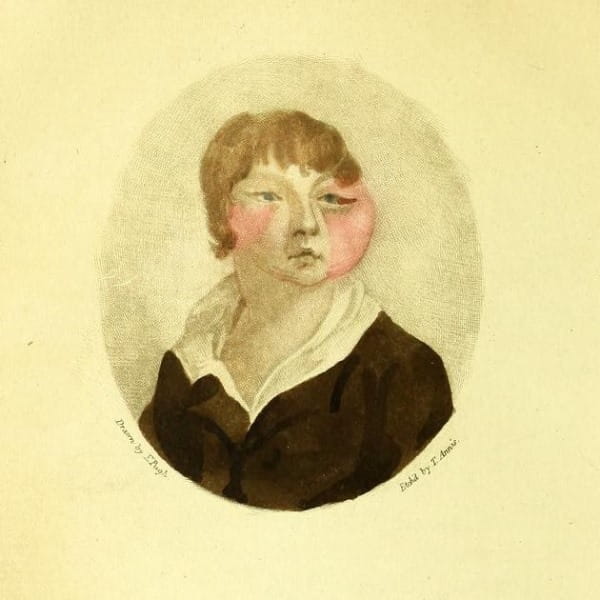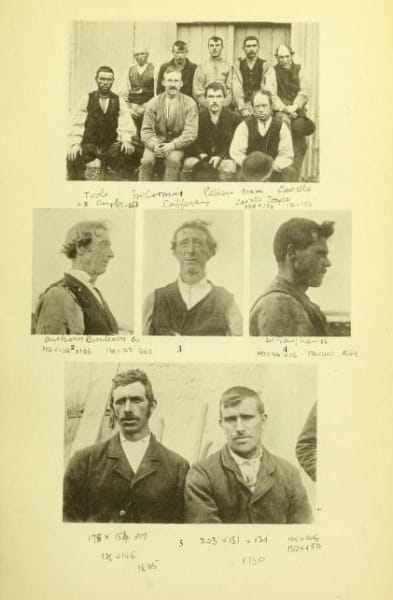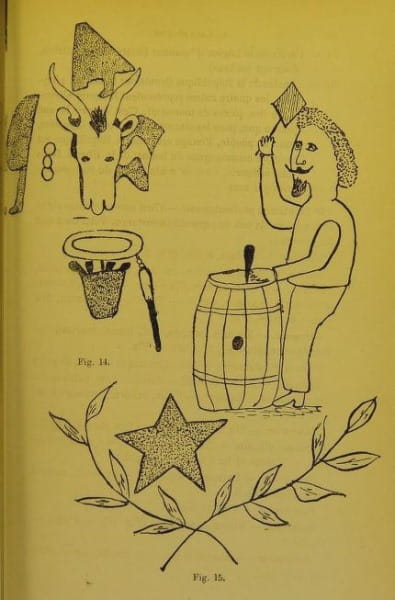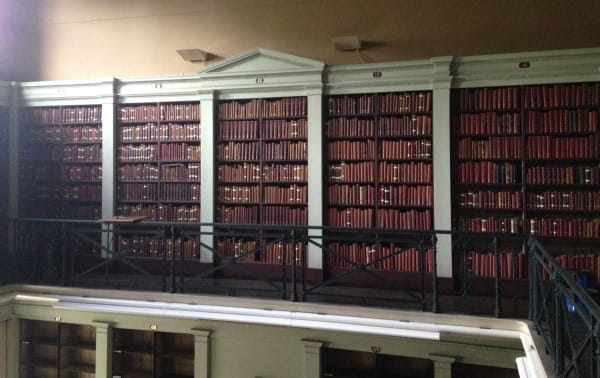21,500 tracts and pamphlets available to view online: UK Medical Heritage Library project
04 Nov 2016
Dorothy Fouracre

We’re delighted that our online items have already had over 440,000 views, and that the most-viewed represent the breadth of this unique collection fittingly. The ten most-viewed items (as of August 2016) include works on the ethnography of County Mayo, a French tract on the medico-legal aspects of injuries and a work in Latin on the classification of fossils.

So far it’s hard to tell why some tracts have been more popular than others, or how viewers are finding them, especially as the most-viewed items represent a diverse range of topics, and are often in languages other than English. We’re looking forward to seeing which works are popular in the future, and whether we’ll be able to identify any patterns. For the time being, we encourage you to browse the collection and find your own favourites.

Boy with cow pox, from an anti-vaccination pamphlet by William Rowley, 1805.
Men from the Mullet Peninsula, featured in Charles Browne’s 1895 ethnographical account.
Butcher’s and barrel maker’s tattoos, recorded by Alexandre Lacassagne, 1881.
There have been two previous blog posts on this project:
- Tracts and Pamphlets: digitising for the UK Medical Heritage Library (19th May 2015)
- Our contribution to digital UK Medical Heritage Library is almost complete (5th February 2016)
Dorothy Fouracre, Collections Librarian

